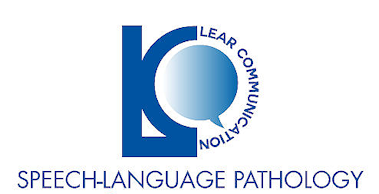Literacy Programs
Literacy is the cornerstone of all learning and development, as it includes the essential skills of reading and writing. These skills are not only vital for academic success but also for everyday communication and problem-solving. The ability to read and write empowers children to engage with the world around them, understand new concepts, and express themselves effectively.
Early identification and targeted strategies can help children develop strong literacy skills, fostering their confidence and laying the groundwork for success in all areas of life. With the right approach, even children facing significant challenges in reading can make remarkable progress and thrive academically and socially.
Our Treatment Includes
- Comprehensive assessment of your child’s reading and writing abilities
- Individual therapy with a certified speech-language pathologist (SLP)
- Small group sessions for targeted reading and writing support
Our intervention programs use a multi-linguistic approach, combining fun, educational games with engaging learning strategies. We create an enjoyable and supportive environment where your child can build confidence and develop a lifelong love for reading and writing!
Research has shown that more than 90% of children with reading challenges can overcome their difficulties when provided with the right support and intervention.
Signs of Reading & Writing Difficulties
Your child may be facing literacy-related challenges if they struggle with:
| Early Pre-School Years |
|
| Early Elementary Years |
|
| Later Elementary Years |
|




